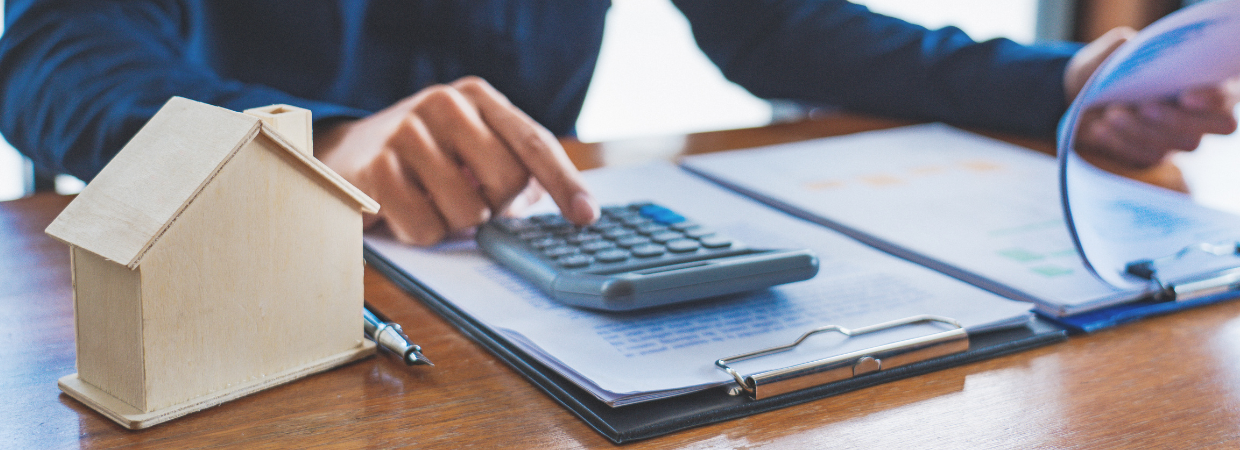How To Get a Mortgage When You’re A Self-Employed Home Buyer

When you apply for a mortgage, occasionally your lender will check with your employer to verify your income or confirm it by reviewing one month of paystubs and 2 years W2s. When you’re self-employed, there are a few different steps taken to verify your income and prove to the lender that your income is sustainable. We will go over a few strategies which can help you get a mortgage if you’re self-employed.
Ensure That You Have Good Credit
Make sure you check your credit score before applying for a mortgage. Having a very good credit score will help you prove to your lender you can pay back your debts on time. You can check your credit for free without any impact to your credit score, so it’s a good idea to track your score regularly and work to improve it.
Document Your Income and Employment
To document your income, you will need to provide personal tax returns and bank statements. Your lender may also ask for a profit and loss statement and possibly business tax returns. These documents will show enough qualifying income to pay for a mortgage.
Reduce Your Debt
If you have a lot of debt, lenders may see you as more risky because you might not have as much to put toward your mortgage. Work on paying down your credit cards and any other debts as much as possible. This will decrease your debt-to-income ratio, and lenders will be more open to approving the mortgage.
Offer A Higher Down Payment
When you get a mortgage, you’ll be required to put a down payment on the home. The more money you put down, the more equity you have in the property. Having a larger down payment proves to your lender that you are invested in the property, and you are less of a risk, since you have more of a stake in the home.
For more information, chat with us at callhallfirst.com or give us a call at 866-Call-Hall.



